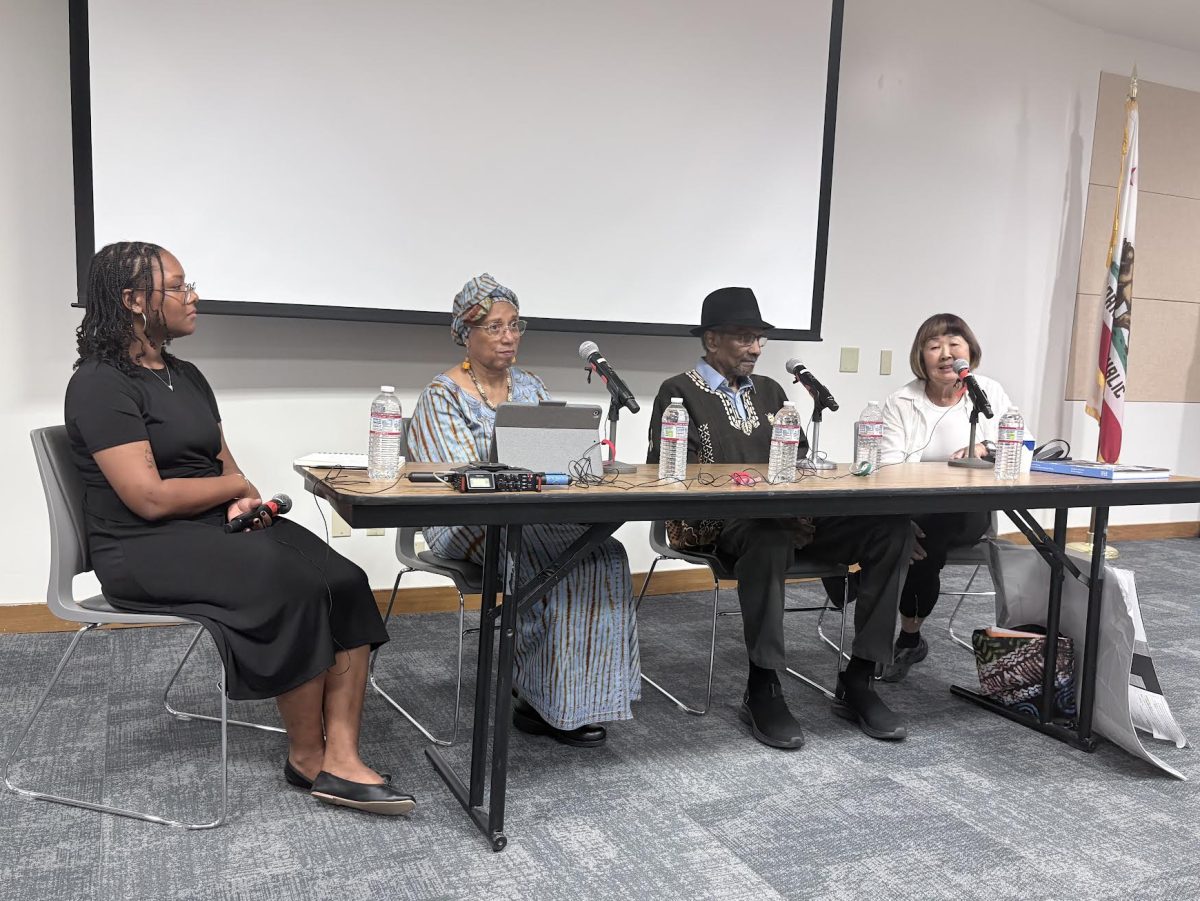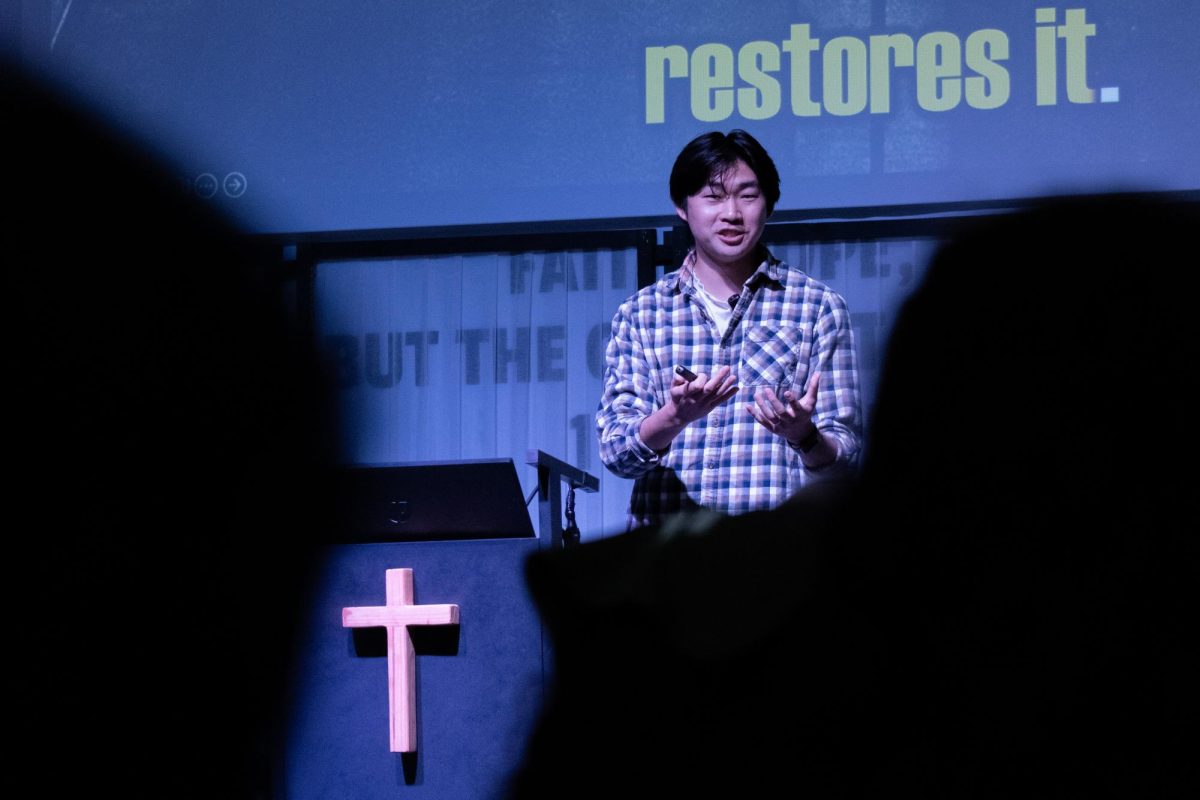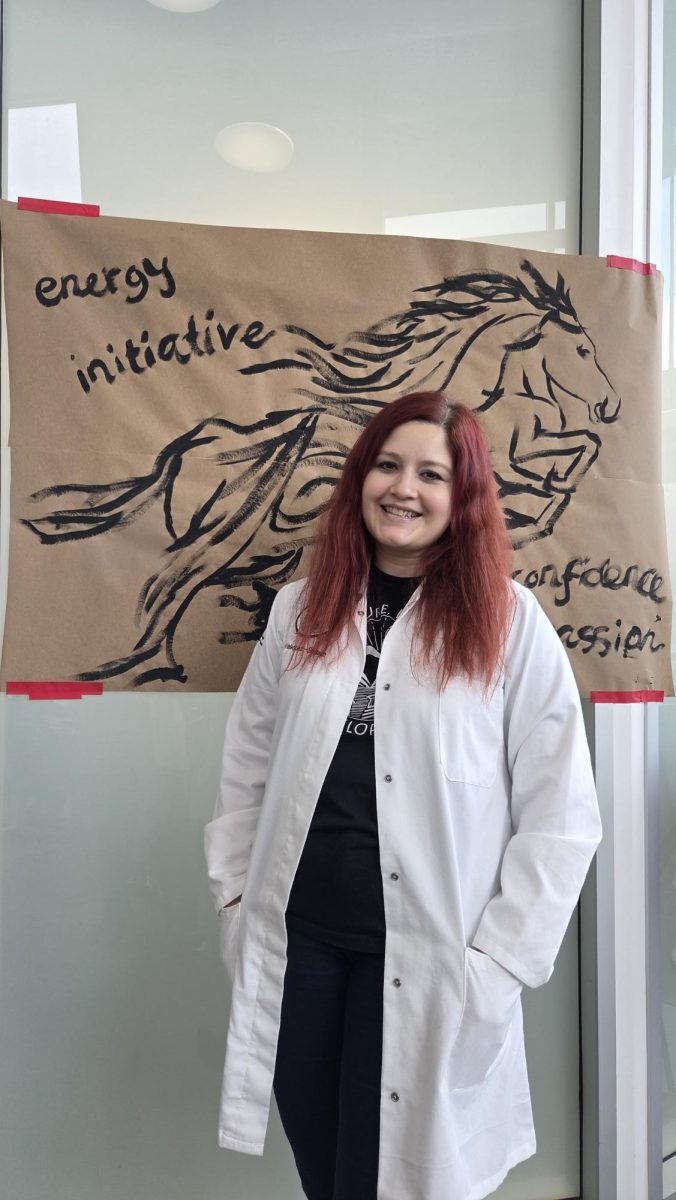Editor’s note: This opinion piece was written for Professor Ashley Grace’s CADV 452 Child Advocacy course.
Mandatory psychological evaluations for children starting in first grade are crucial for fostering relationships with professionals who can track important details—like bullying history and socioeconomic status—to help prevent future tragedies such as school shootings, self-harm and suicide.
We as a country, and a society, are failing our young generation every time a student is expelled, bullied or feels alone enough to want to hurt another. This record would follow students as they transfer between schools.It would enable early identification of red flags,potential harm to self or others and ensuring appropriate advocacy and support.
Creating a rapport between child and school-based therapists will be beneficial for students and society as a whole for two main reasons: breaking systemic taboos and stereotypes for mental health advocacy and therapy and teaching children from a young age how to identify and voice their feelings and communicate their needs.
Most of a child’s life is spent in school, amongst peers, teachers and an overall community. In this environment, they are impressionable to the cultural trends and societal rulings. When the child reaches middle adolescence around age 14, they are unfamiliar with their body changes; let alone their mind’s introduction to deep self-evaluation, insecurity, self-doubt and the instability of their self-concept and image.
This young adolescent now answers their questions and thoughts through the unforgiving world of social media, where they learn how they should look, act and think.
Children and adolescents themselves can benefit from learning how to process their emotional, behavioral, social dilemmas and questions. One-on-one sessions would be offered as well as family counseling, risk assessments and specialized training for teachers and parents.
Teachers would learn how to react and note important signs in each student, prioritizing their mental health alongside their academics to raise self-esteem and positive self-image. School years take more than a decade of a child’s life and should be enriching on all fronts; academic, psychological, social and cultural.
Parents and society would also take mental health more seriously and appreciate the importance of speaking and identifying what it is you feel, more than a simple feelings chart.
Not every school in the United States has a school-based psychologist; however, 81% of public schools across the country do provide access to one. The psychologists in a high school are visited by students the majority of the time as a mandatory visit after an incident. Whether encouraged by the parent, teacher, counselor, or principal, the visit(s) are often dreaded by the student.
We as teachers, administrators, advocates and parents should hope that therapy is not a last-case scenario but a preventative one instead. Implementing a therapy session as part of the curriculum will be extremely beneficial, as the child will not lose time scheduling an appointment and attending, rather taking a class period of time for a simple emotional check-up.
This hour can be used to just chat, have some snacks, or a much-needed break from the roller coaster of adolescence. Psychologists and teachers can work together in possibly rescheduling exams, retakes or extra study time. Other school services will not feel like a negative chore, but more of a supportive partnership.This would foster a positive learning environment where students feel empowered to succeed and are encouraged to engage with their education in a more meaningful way.
I remember when I was in school.There were so many times when I found myself drowning in work and unable to manage everything, asking for a later due date or pleading for a retake on an exam, of which my teachers would never budge. It made me feel as if they did not care for me to succeed. It felt as if they were setting me up for failure.
It truly breaks my heart when I hear children talk about how much they “hate” school or dread going to class. When they are in class, they’re counting the hours till they leave.
School should not be such a draining experience. We need to do better in creating an environment where students feel welcomed and emotionally supported. Very few teachers talk to their students one-on-one and ask how they are doing, and if they need to talk to someone.
Middle school marks the onset of early adolescence, a crucial time. We should proactively promote therapy for all students as a form of emotional maintenance, much like we emphasize the importance of brushing teeth to a six-year-old.
Having a relationship between psychologist and parent will also be of extreme importance. It will help parents learn what is happening in their child’s life more intimately and understand how to ask questions or notice certain things from a professional point of view.
Too often we hear a child bully another physically, verbally or online, or school shootings, teenagers committing suicide, children failing multiple classes, and students partaking in dangerous activities; all with parents claiming “I had no idea,” or “my child would never do that.” Instead of faulting these parents, we should work with them. Together we can create a larger support system for our young population to prevent such behavior and events from occurring.
We need to talk to our students and children to support and protect them. Having a six-year-old regularly visit a therapist to simply keep track of their development, learning patterns and challenges, emotional stressors and any other important details can be what potentially saves them when they reach age 14 and find themself beginning to navigate the complexities of adolescence.
Mental health services should be integrated into the schools curriculum, and therapy, as a dual learning environment. Children will learn from a younger age how to emotionally regulate, self-soothe, identify feelings and voice their opinions and needs more confidently.
This foundational approach will not only enhance their academic performance but also equip them with essential life skills, fostering resilience and healthier relationships as they grow. It would help break the stigma surrounding mental health by educating students about emotional well-being and normalizing the presence of mental health professionals
Children are the future, we should be raising them to be their best selves, starting from the very beginning. They need to be listened to because connection is a basic need that will help the child feel safe and secure.












